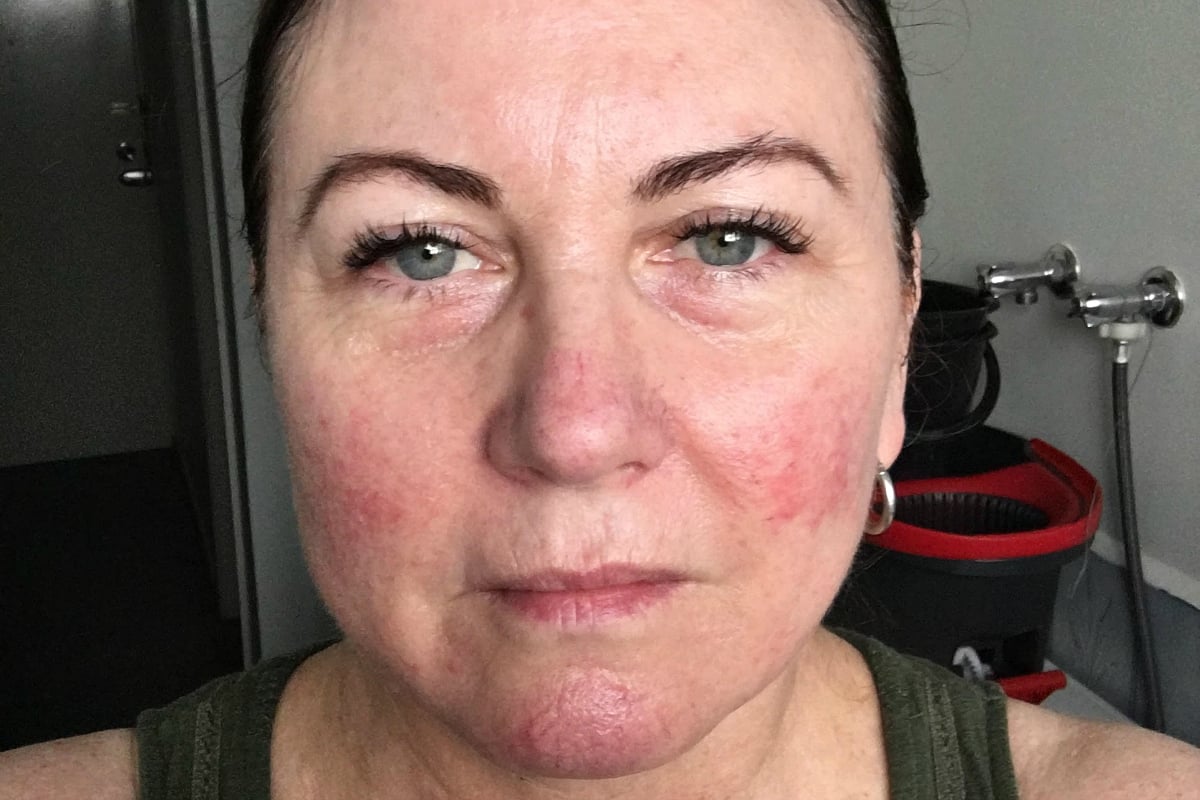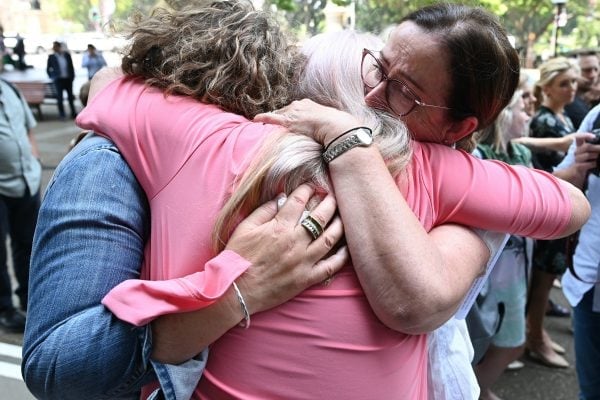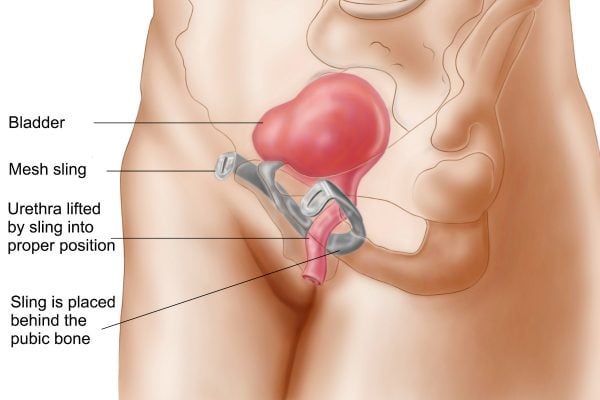
This story was originally published on October 30, 2019. It has been updated to include the results of the class-action lawsuit.
The following deals with thoughts of suicide. For 24-hour mental health crisis support, call Lifeline on 13 11 14.
Linda Schulz and her teenage son live in crisis accommodation. Four rooms, crammed into 50 square metres. They rely mostly on charities for their food, and Newstart to help pay for other necessities.
It wasn’t always this way.
Linda, a single mother and former media executive, has been unable to work since experiencing complications from a 2016 surgery designed to treat urinary incontinence.
The Melbourne woman had been fitted with a mesh ‘sling’ implant, a surgically inserted device designed to prevent involuntary bladder leakage; a condition that affects roughly one-third of Australian women. However, she ended up requiring multiple corrective surgeries and living with excruciating pain after the mesh eroded into her vagina.
Three years on, Linda lives with a nerve condition, suffers frequent infections and experiences intense pain in her perineum, vagina, groin and legs. She can only walk short distances, sit or stand for short periods of time, and is now totally incontinent.
“I have to stay close to a toilet, and going out is really–well, I don’t go out. And I won’t be able to have a [sexual] relationship, ever. So, that’s really hard,” the 50-year-old told Mamamia.
“It’s changed my life entirely. I’m 50, and living the life of a 70-year-old.”




Top Comments
Sincere thanks to Mamamia for sharing Linda's story. It is such an important issue globally. Thank you to Linda for her advocacy and bravery in telling her truth so that others can be spared or at least educated.
Many injured are unable to work, financially ruined, lost their relationship/marriages/family, suicidal, and have no access to the disability support pension, health care cards (unless able to get onto newstart). Surgical mesh was never made to be removed. When it goes wrong, it goes terribly wrong. There is no rhyme or reason why someone is injured and others appear not to be. There is no mesh/device implant register to find those who have had surgery to be questioned or checked if they are ok. The government has thrown $ at a pelvic floor surgical register going forward, but NOTHING for those already injured, and NOTHING for those who may be injured and are yet to connect the dots of chronic pain, illness and autoimmune issues. Russian Roulette is how many of our community describe it. We have been told we are the "only ones" this has ever happened to; we are so rare and complicated. This simply isn't true. There are thousands.
Three mesh injured mums started up Mesh Injured Australia Incorporated to spread awareness and lobby for #mesh injured support. MIA is a registered charity with ACNC and is devoted to bringing these issues and often catastrophic complications to light for men and women who are unexplicably suffering from pain and illness months or years after surgical mesh repair. Many of them (and their GPs) take years to make the connection that it's the mesh that is causing their chronic complications.
www.meshinjuredaustralia.or...
1800MESHED (1800 637433) national toll free number,
public facebook page www.facebook.com/meshinjure...
instagram, pinterest and twitter accounts.
MIA can also direct sufferers to closed support group pages so you can chat with others in the same boat. You are not alone.
There are "native tissue" repairs available, as well as pelvic floor physio, pessaries and all kinds of treatments that women should try prior to signing up for a quick fix.
Awareness, education and informed consent are the key to stopping more men and women be injured by surgical mesh #SUI #StressUrinaryIncontinence #Prolapse #POP #hernia #mesh #meshinjured. There is also quite a bit of information provided by the TGA on its page "Transvaginal Mesh Hub".